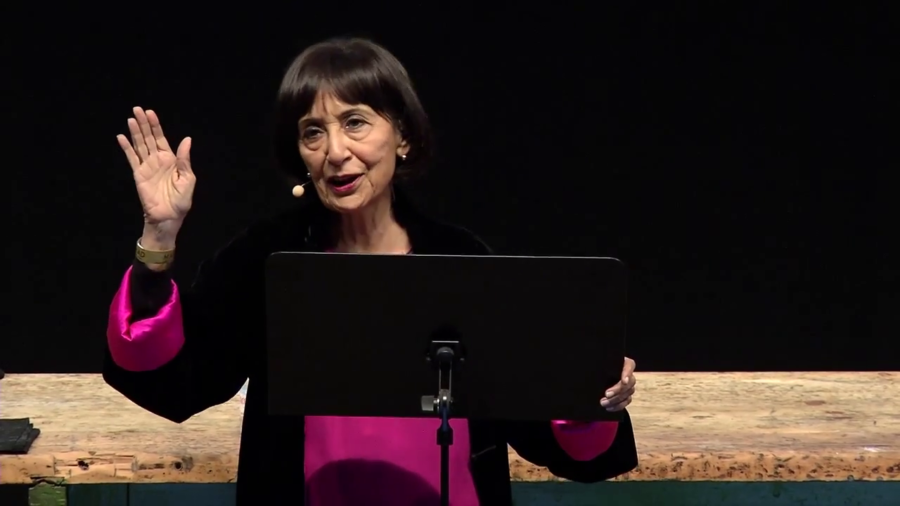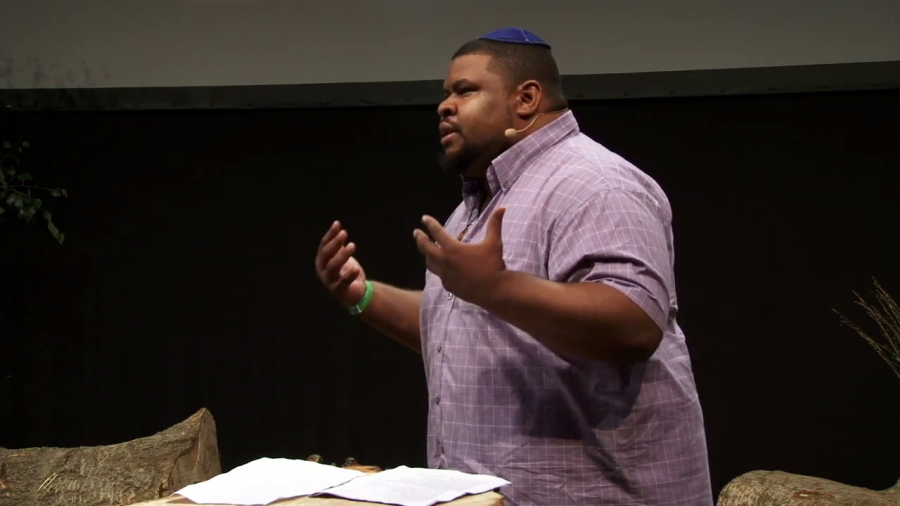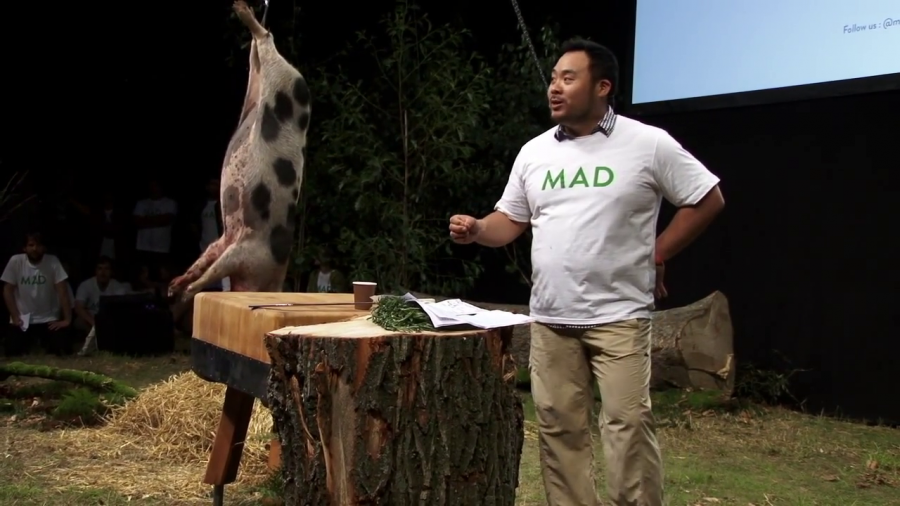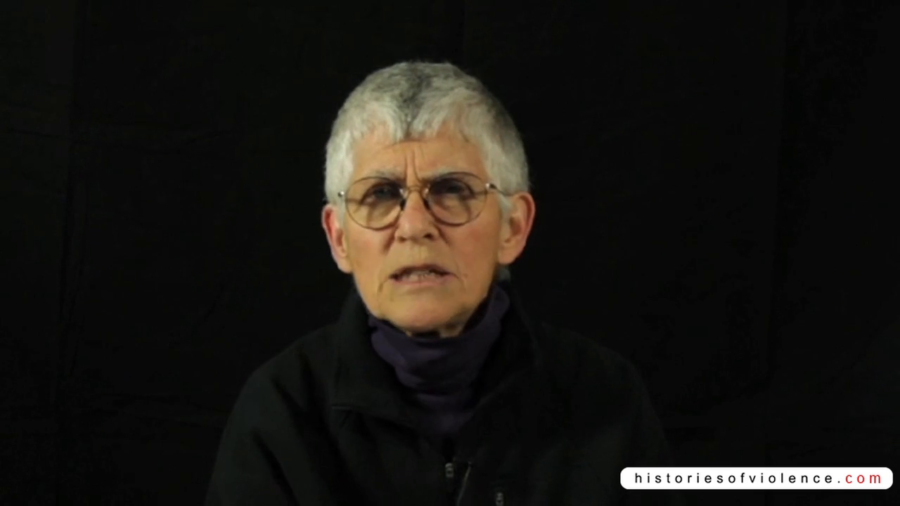When I think about disposability, I think about namelessness. I think about whose pictures are taken in refugee camps. Or whose stones without names you look at at a mass grave, or just a ditch for that matter. To be disposable is to be nameless in somebody’s eyes.
Archive

What is cooking? We are all born into certain cultures. And the culture is like a mother. We run away, we experiment. We are modern people, we try and find new things, we want to find the best lobster, the best crayfish. We want to cook it in amazing ways with something we’ve just foraged from the forest.

My job is to integrate the brands of exclusion creating a world of southern American food, by reintroducing people to the African ancestors of American cooking, and by extension restoring respect and dignity for what they gave.

Why did we pick the theme? It seems that when I’m with René or other chefs, younger cooks come up to us and they always ask, “How did you do it?” Or, “Why did you become successful?” Besides it being a team effort, I think it all starts with the seed, a plant of an idea, you know, planting an idea.

We’re here today to start a new conversation about the world of chefs and cooks, between the world of chefs and cooks, and you the delegates and influencers and people here at the World Bank. The reason we’re here is to find ways to work together to build a food system that feeds everyone, every day, everywhere.
Food has always been tightly intertwined with culture and identity. As a result, it’s also been a common target of colonialism. Colonizers understood that by wiping out people’s food traditions, it would be easier to wipe out their origins, their identity, and their history. This kind of trend isn’t only in the past, though. In many areas of the world, dietary habits are changing, food inequality is rife, and somehow both obesity and hunger are on the rise on a global scale.
Throughout the colonies of the various European powers, water engineers used dams, ditches, and sluices to control the flow of water. They claimed that their approach to water management was more rational and efficient than existing indigenous approaches.
In this episode, we’ll take a broad understanding of the term “technology” and look at how processed and techniques have affected the way in which societal benefits from certain types of seeds have spread across the world, from indigenous knowledges, to biotechnology, and patenting and privatization of seeds.

